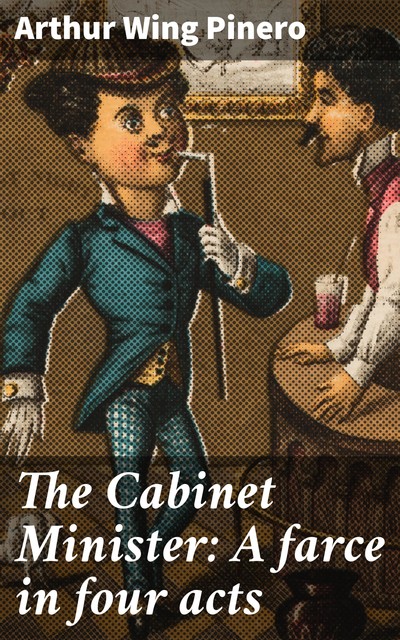In “The Cabinet Minister: A Farce in Four Acts,” Arthur Wing Pinero masterfully weaves together the threads of satire and political commentary, exposing the absurdities of government and the machinations of modern politics in early 20th-century Britain. With sharp wit and clever dialogue, Pinero constructs a humorous yet incisive critique of the political class, as characters navigate a labyrinth of personal ambition and public obligation. Set against the backdrop of a rapidly changing society, this work exemplifies the genre of social farce, melding a lighthearted tone with poignant observations on governance, ethics, and the human condition. Arthur Wing Pinero, a significant figure in the Victorian and Edwardian stage, was known for his keen insight into the social dynamics of his time. His background as both an actor and a playwright informed his writing, allowing him to craft compelling characters and invigorating plots that resonate with audiences. The thematic concerns of “The Cabinet Minister” reflect Pinero's broader interest in the intersection of public life and private motivations, as well as the comedic potential inherent in the folly of those in power. This farce is highly recommended for readers interested in political satire and the intricacies of societal norms. Pinero'Äôs incisive humor and sharp characterizations invite audiences to reflect upon contemporary issues mirroring those of his era, ensuring that “The Cabinet Minister” remains relevant and engaging for modern audiences.


